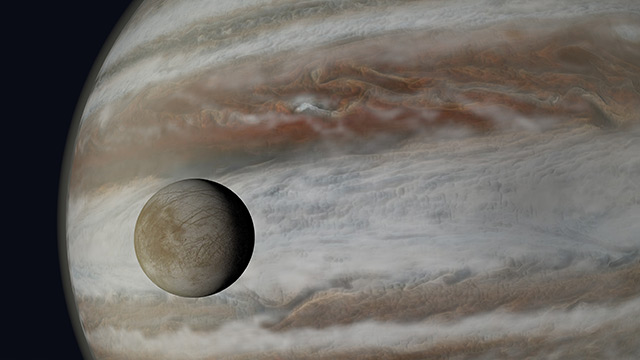Following the successful maiden flight of the world’s most powerful operational rocket and its infamous Tesla Roadster payload, SpaceX announced that the the Federal Communications Commission (FCC) has approved Elon Musk’s bid to establish a massive network of satellites that can broadcast Internet services anywhere on the globe, reported The Daily Mail.
Chairman Ajit Pai of the FCC has indicated his approval of SpaceX’s application to provide satellite broadband services to the United States and the rest of the world.
“Satellite technology can help reach Americans who live in rural or hard-to-serve places where fiber optic cables and cell towers do not reach,” said the chairman in a press statement.
Previously, the FCC withheld giving the green light to SpaceX due to concerns that such a vast satellite constellation would disrupt competitors and other users of Very Low Earth Orbit (VLEO). A staff review persuaded Chairman Pai to change his mind in support of SpaceX’s venture.
“It would be the first approval given to an American-based company to provide broadband services using a new generation of low-Earth orbit satellite technologies,” he said.
FCC Commissioner Jessica Rosenworcel spoke about the great promise in satellite internet service. According to her, increasing the number of satellites in orbit would generate incredible opportunities for individuals and businesses alike.
“The FCC should move quickly to facilitate these new services while underscoring our commitment to space safety,” she remarked.
The U.S. government is working on bringing high-speed Internet access to rural and remote regions of the country. Satellite technology could be one way for the 14 million rural Americans and 1.2 million Americans on tribal lands to enjoy broadband Internet services. (Related: Tiny rocket from recycled parts: Japan’s space agency successfully launches smallest rocket to ever carry a satellite into orbit.)
SpaceX taking first steps towards satellite Internet
At the start of February, SpaceX sent a letter to the FCC describing its intent to load two prototype micro-satellites aboard one of the company’s Falcon 9 rockets.
The primary payload was the PAZ radar observation satellite for Spanish satellite communications company Hisdesat. Hitching a ride are Microsat-2a and Microsat-2b, experimental platforms that will test the technologies slated for use in the future SpaceX broadband satellites.
The FCC cleared the 16 February mission for launch. The Falcon 9 successfully placed its primary payload and all secondary payloads, including the SpaceX micro-satellites, into orbit.
The mission took place after the maiden voyage of the new Falcon Heavy rocket, a massive 23-story tall rocket that put Elon Musk’s personal Tesla Roadster into orbit around the sun.
Musk first unveiled his bid for high-speed satellite broadband services three years ago. He called the service Starlink and envisioned filling the skies with 4,000 satellites orbiting less than eight hundred miles above the surface of the planet.
In a 2015 speech, Elon Musk envisioned the Starlink satellite broadband constellation as a “global communications system” capable of rebuilding the Internet in outer space. He promised that satellite internet would be faster than traditional connections.
Profits from the Starlink satellite Internet service would go a long way towards funding Musk’s Mars colony project.
The satellite broadband race begins
In 2017, the FCC issued approvals to OneWeb, Space Norway, and Telesat to offer satellite broadband services to U.S. customers. More requests are reportedly being processed by the commission.
The three companies intended to operate constellations of large fixed satellites in non-geostationary orbits that can send fiber-level satellite broadband to anywhere on Earth.
In January, the first of Telesat’s satellites was lofted into low Earth orbit by an Indian Space Research Organization rocket. The Canadian company will be testing every system aboard its newly-activated platform.
Visit ElonMuskWatch.com for more articles about the founder of SpaceX.
Sources include:
DailyMail.co.uk
TheVerge.com
















